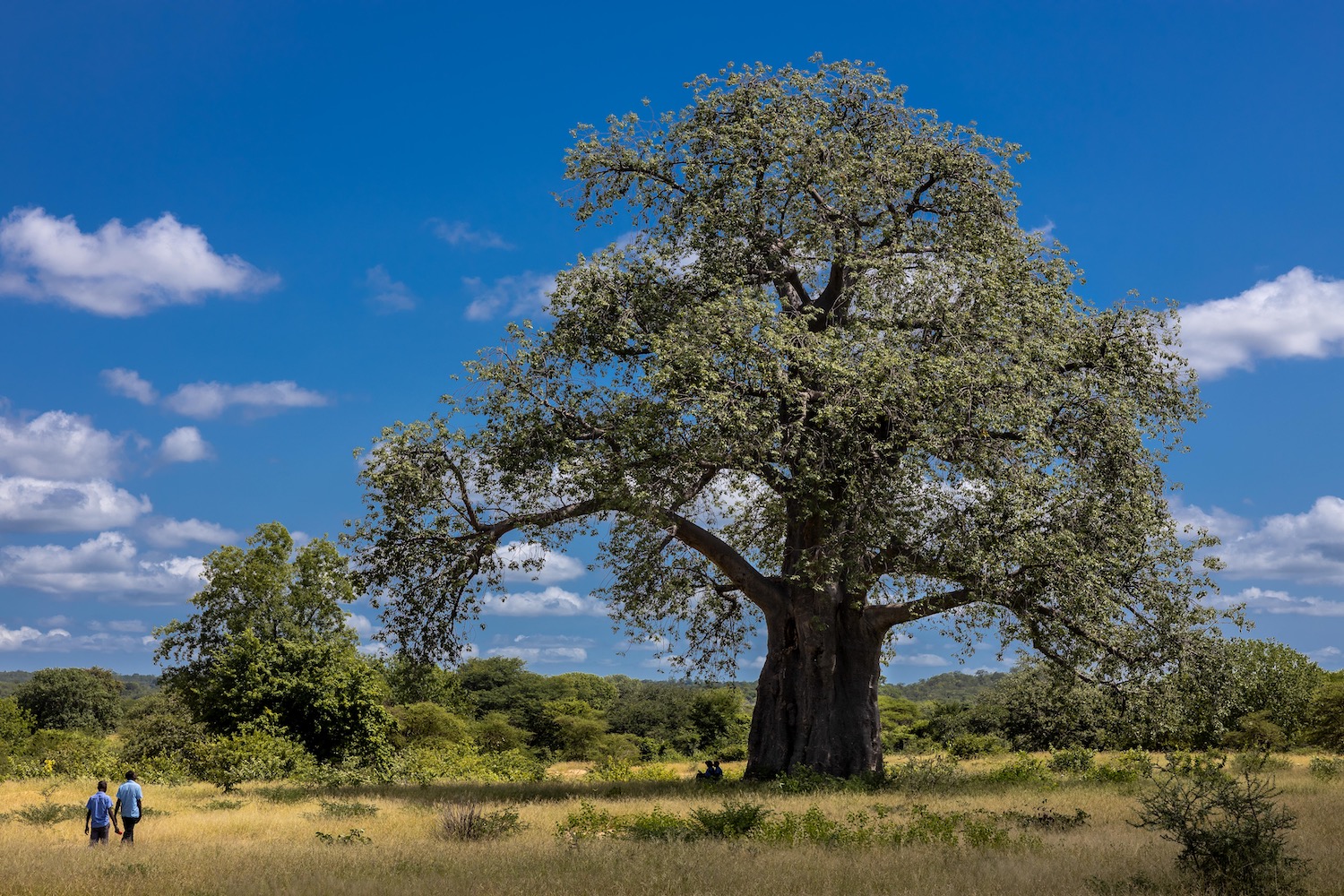NaturAfrica: a new structure to support biodiversity and development in Africa

Related topics
Climate change, disaster risk reduction and desertification Environment and green economy Biodiversity and ecosystem servicesdate: 31/05/2022
Launched at the World Conservation Congress in September 2021, NaturAfrica is an EU International Partnerships (INTPA) initiative to support biodiversity conservation in Africa by taking an innovative people-centred approach. By structuring support around landscapes that are crucial for conservation and human development, it will target these areas to boost job creation and improve security and livelihoods while also protecting ecosystems and biodiversity.
With a budget of EUR 310 million (2021-2027), NaturAfrica will be developed in two phases:
- In the short term, it will develop actions in key landscapes for conservation and development, building on the positive benefits that protected areas bring to society and the economy, encouraging networks of protected areas and knowledge-sharing.
- In the medium term, it will extend support beyond key landscapes to address the root causes of biodiversity loss and environmental degradation and integrate these concerns into other sectors (‘mainstreaming biodiversity’).
It will give priority to development actions in landscapes identified in Larger than Elephants: Inputs for an EU strategic approach to wildlife conservation in Africa (2016; edition update in progress). Work is presently under way to formulate actions for the following 6 ‘mega-landscapes’:
- The forest ecosystems of the Congo Basin
- Landscapes of transhumance pastoralists in North Cameroon–Central African Republic–Chad
- Guinean forests of West Africa
- Savannahs in the Sudano-Sahelian zone of West Africa
- Savannahs and watersheds of the East African Rift
- Transfrontier conservation areas (TFCA) in southern Africa
NaturAfrica contributes to EU global commitments on biodiversity under the Convention on Biological Diversity, including to preserve ecosystems, fight wildlife crime and increase financial flows to developing countries for global biodiversity protection.
EU delegations will define and implement NaturAfrica programmes after consulting widely with conservation and development partners (NGOs, private sector) working in the landscapes.
Read more about the landscapes identified for priority support in the brochure.
Extra support to countries in crisis
EU International Partnerships is providing extra support, through the new B4Life Crisis Facility, to countries in crisis where natural resources (biodiversity and ecosystems) are under threat.
Aimed at countries where natural resources are under pressure resulting from the prevailing economic, political and/or security crisis, the support will assist delegations and INTPA HQ to improve the quality of programmes related to biodiversity and ecosystem services. It will also enable EU development cooperation actions to contribute to a better awareness and understanding of the links between biodiversity/ecosystem services and development/poverty reduction, in particular in natural resource-rich and fragile countries, through an enhanced knowledge and experience sharing at EU and international level.
The new Facility began work in January, reaching out to selected EU Delegations to offer support with multi-year programming and the identification, formulation, implementation and evaluation of interventions. Several delegations responded and the Facility has begun dealing with the requests.
Countries covered by the B4Life ‘countries in crisis’ facility, in early 2022:
|
Region |
Country-wide coverage |
Partial coverage |
|---|---|---|
|
Africa |
Burkina Faso, Burundi, Cameroon, CAR, Chad, DRC, Ethiopia, Mali, Mozambique, Niger, Nigeria, Somalia, South Sudan, Sudan, Zimbabwe |
Madagascar (South and North), Mauritania (Southeast), Uganda (North and West) |
|
Latin America and the Caribbean |
Haiti, Nicaragua, Saint Vincent and Grenadines, Venezuela |
- |
|
Middle East, Asia, Pacific |
Afghanistan, Democratic People’s Republic of Korea, Iraq, Myanmar, Yemen |
Bangladesh (refugee-affected areas), Philippines (Mindanao) |
Priority is given to biodiversity-rich countries or countries containing biodiversity hotspots that are committed to implement sustainable natural resources management.
